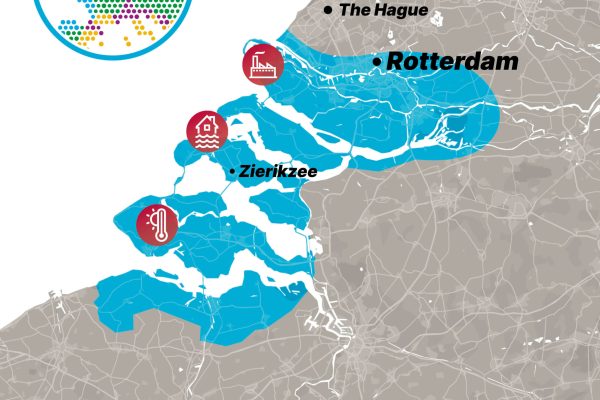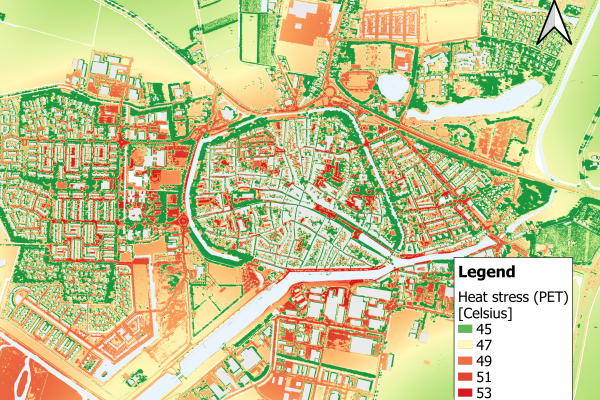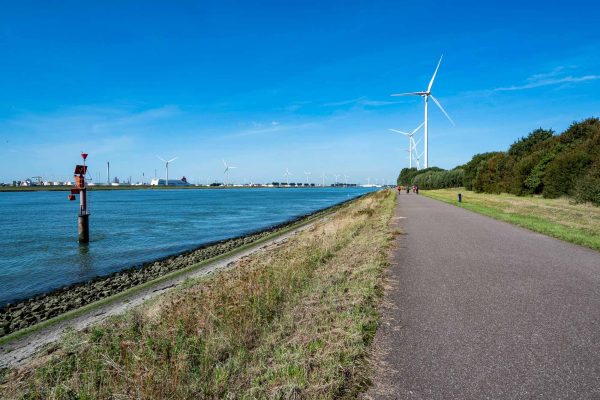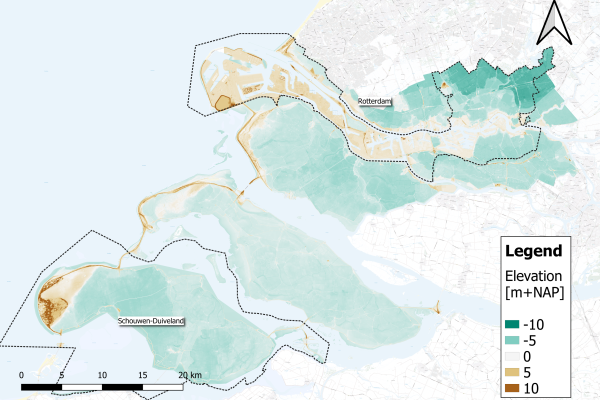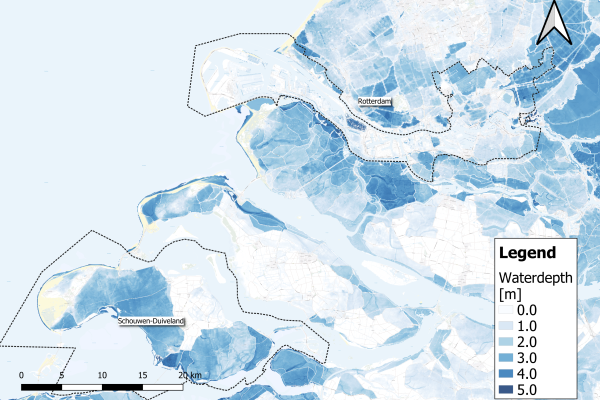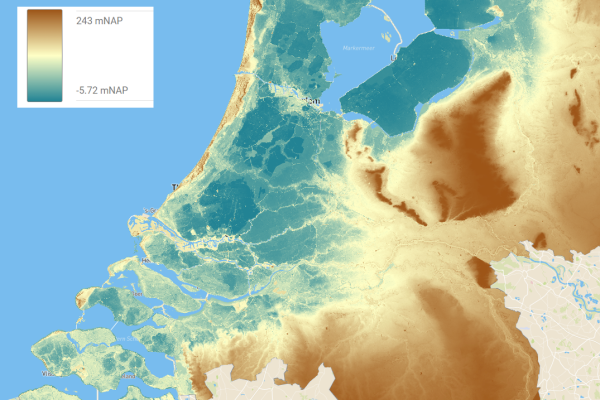The impacts of climate change are being felt here and now. From floods in Germany to wildfires in Greece and Turkey; water shortages in Northern Europe and even heatwaves in Siberia. Intensifying weather events threaten our way of life, with severe impacts on people’s health, livelihoods and assets.
To help accelerate Europe’s climate adaptation strategy and meet ambitions to become the world’s first climate-neutral continent by 2050, the European Commission has awarded a new flagship project named IMPETUS. Its objective: turn climate commitments into tangible, urgent actions to protect communities and the planet.
Accelerating our response in every bio-climatic region of Europe
The IMPETUS project will help accelerate Europe’s response to climate change and develop innovative measures to make its regions more resilient.
Motivated and multidisciplinary teams in research, policy, industry and civil society will address real-world challenges in seven test regions across Europe. Together these represent all the continent’s bio-climatic regions: Arctic, Atlantic, Boreal, Coastal, Continental, Mediterranean and Mountainous.
These teams will analyse and scale the most effective solutions to protect water, agriculture, fisheries, infrastructure and health. Working with local policy-makers, businesses and communities will help to make them a success.
“93% of Europeans consider climate change a serious problem.”
“93% of Europeans consider climate change a serious problem. To respond effectively, we need to adapt our policy actions and strategies to new climatic situations. We need to better understand when and how to act in a transition to green economy.” says Aitor Corchero, Eurecat senior researcher and the project’s technical coordinator. “IMPETUS is important because it demonstrates the concrete actions we all urgently need to take to protect the environment and the economy. It will work on solutions for a range of climate conditions – from the Arctic to the Mediterranean basin – empower communities and protect key systems like water, agriculture and infrastructure.”
“IMPETUS is a major opportunity for the EU,’’ says project partner Professor Jochen Rabe, Managing Director of the Berlin Centre of Competence for Water. “The project will help our sustainable transformation, with in-depth research of complex climate change impacts in demonstration cases, as well as bottlenecks to climate mitigation and adaptation we all need to overcome.’’
Three pillars define the project:
Action
15 technical and nature-based solutions, ranging from early warning systems and rapid risk appraisal of natural hazards to sand dune restoration
Information
Targeted analysis using the latest data sets, digital modelling and cutting-edge technology will determine the highest impact actions and decisions to take
Support
Collaborating with sectors, businesses and communities most at risk from climate change will help create solutions and define a transition that protects the environment and our economy
By putting transformative actions that change our climate future into place across Europe, IMPETUS aims to show what is possible – and give everyone the information and tools to achieve it for themselves.
To amplify this impact, specific partners will also advise insurance companies, financial institutions and banks on how they can also adapt and support, based on case studies. And together with the United Nations Sustainable Solutions Network and leading education providers, Massive Open Online Courses (MOOCs) will make IMPETUS insights open to the world.
A four-year innovation action beginning October 2021
Beginning on 1 October 2021, the Dynamic Information Management Approach for the Implementation of Climate Resilient Adaptation Packages in European Regions project, known as IMPETUS, is set to run for four years. IMPETUS will help accelerate Europe’s climate adaptation strategy and meet the European Union’s ambitions to become the world’s first climate-neutral continent by 2050.
![]()
Proud to be supported by Europe. This project has received funding from the European Union’s Horizon 2020 research and innovation programme under grant agreement No 101037084

